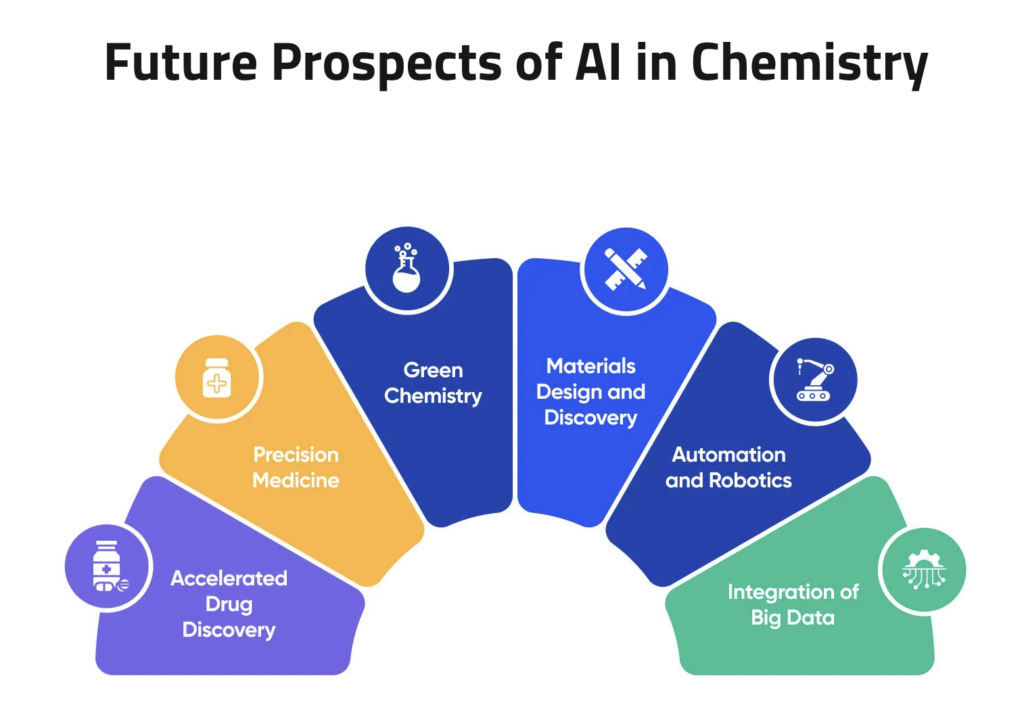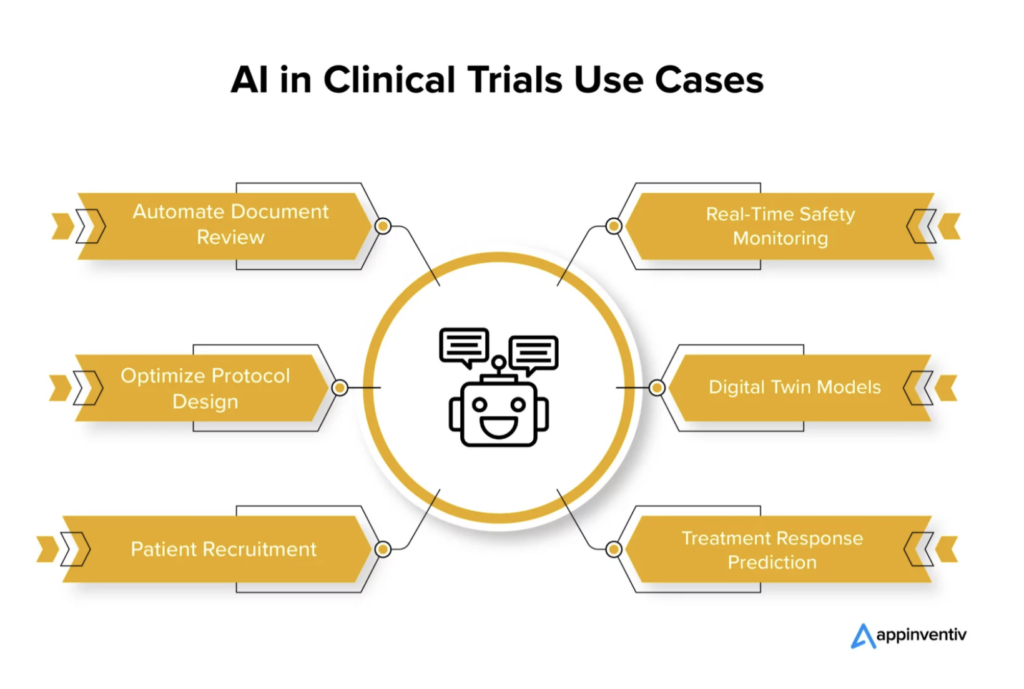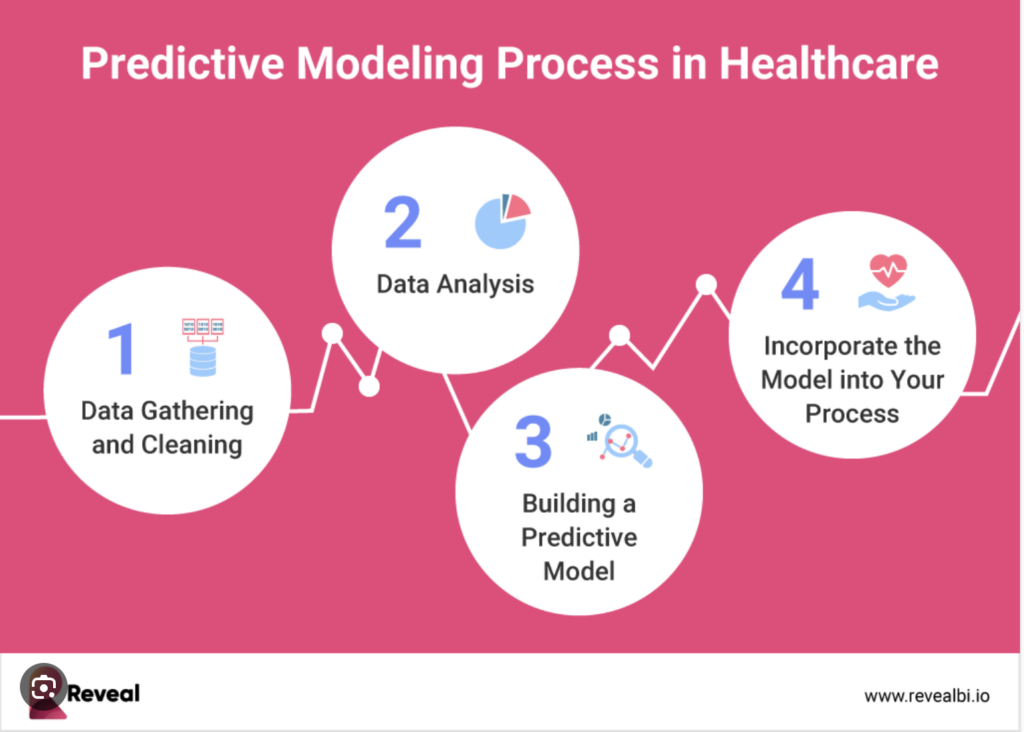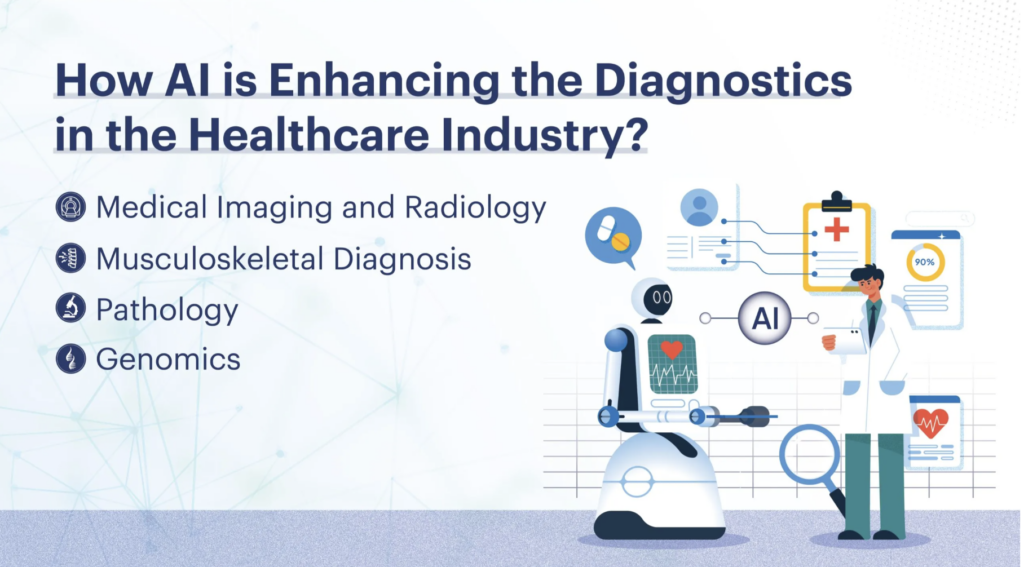Introduction
Artificial intelligence (AI) is increasingly pivotal in driving innovation and efficiency as the pharmaceutical industry evolves. From drug discovery to patient care, AI applications are reshaping how companies approach challenges and opportunities in healthcare.
This article explores the diverse AI applications within pharmaceuticals, highlighting key impact areas, their effects on healthcare delivery and patient experience, and their potential to create personalized medicine.
1. Drug Discovery and Research
- Key Insights: AI-driven platforms can reduce the cost and time of drug development by up to 50% (Mak & Pichika, 2019).
- Notable Companies: Evotec, Roche, Sanofi, GSK.
- Impact on Healthcare Delivery: Faster drug discovery leads to quicker availability of new treatments, addressing urgent medical needs.
- Personalized Medicine Connection: AI can identify specific patient profiles that would benefit from novel therapies, enabling tailored treatment options from the development phase.
2. Clinical Trials
- Key Insights: AI can potentially redesign clinical trial processes, making them more adaptive and personalized (Bertagnolli et al., 2020).
- Notable Companies: Eli Lilly, Janssen, Novartis, Sanofi.
- Impact on Healthcare Delivery: More efficient trials reduce the time it takes to bring new drugs to market, increasing the overall speed of therapeutic innovations and improving patient enrollment.
- Personalized Medicine Connection: AI allows the selection of participants based on genetic and demographic profiles, resulting in more effective and targeted therapies.
3. Patient Care
- Key Insights: AI tools can lead to more tailored healthcare, improving efficacy and adherence (Topol, 2019).
- Notable Companies: Eli Lilly, Novartis, Pfizer.
- Impact on Patient Experience: Personalized treatment plans enhance patient engagement and satisfaction, leading to better health outcomes and adherence to treatment protocols.
- Personalized Medicine Connection: AI algorithms analyze individual patient data to recommend customized treatment regimens, enhancing therapeutic effectiveness.
4. Diagnostics
- Key Insights: AI-driven diagnostics can outperform traditional methods in accuracy and speed (Esteva et al., 2017).
- Notable Companies: Bayer, Amgen, AstraZeneca.
- Impact on Patient Experience: Faster and more accurate diagnoses lead to timely treatments, significantly enhancing patient outcomes and reducing anxiety associated with waiting for results.
- Personalized Medicine Connection: AI can analyze individual patient data to help identify specific conditions, leading to more targeted and effective diagnostic approaches.
5. Biomarker Discovery
- Key Insights: AI accelerates biomarker discovery, paving the way for precision medicine (Li et al., 2020).
- Notable Companies: Roche, AstraZeneca, Amgen, Pfizer.
- Impact on Healthcare Delivery: Identifying relevant biomarkers enables targeted therapies, leading to more effective treatments tailored to individual patient profiles.
- Personalized Medicine Connection: AI can pinpoint biomarkers that can predict patient responses to specific therapies, allowing for personalized treatment strategies.
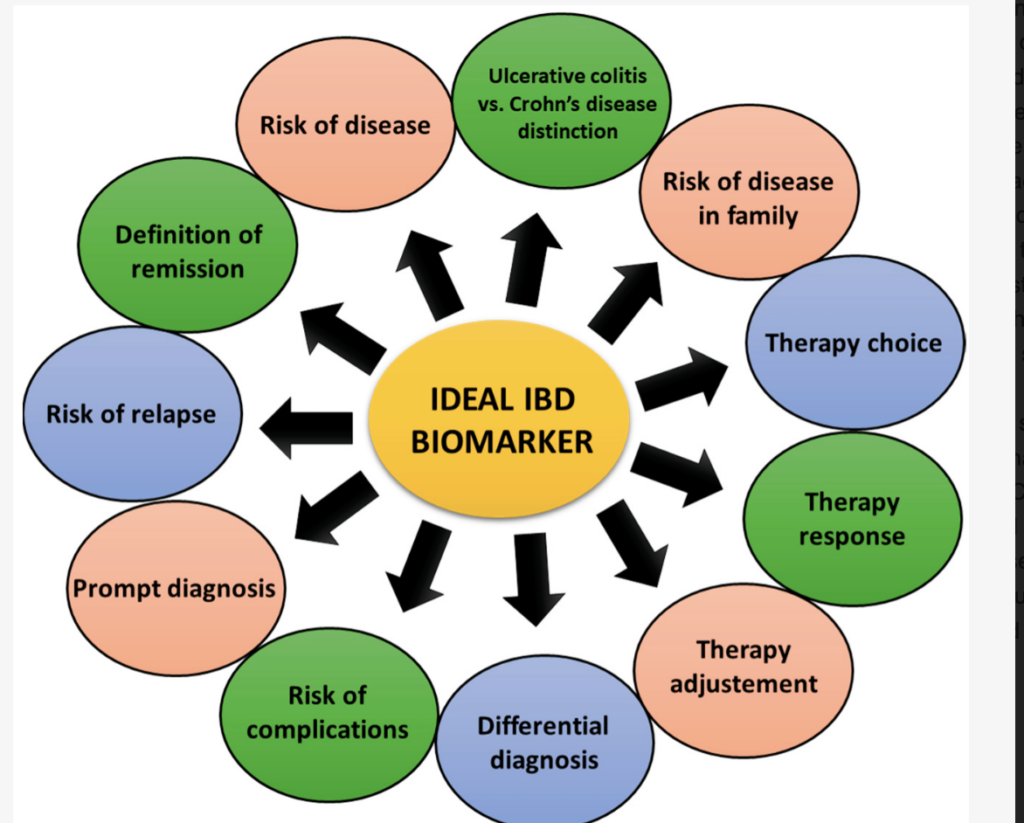
Conclusion
AI’s transformative role across these applications demonstrates its potential to revolutionize the pharmaceutical industry. By enhancing efficiency, reducing costs, and improving patient care, AI is setting new standards for innovation and collaboration. As these technologies continue to develop, stakeholders must navigate ethical considerations and ensure equitable access to maximize AI’s benefits for global health, further advancing the cause of personalized medicine.
References
- Bertagnolli, M. M., Sartor, O., & Chabner, B. A. (2020). The Future of Clinical Trials in Precision Oncology. Nature Reviews Clinical Oncology, 17(5), 277-284.
- Esteva, A., Kuprel, B., Novoa, R. A., Ko, J., et al. (2017). Dermatologist-level Classification of Skin Cancer with Deep Neural Networks. Nature, 542(7639), 115-118.
- Jorgensen, J. T. (2018). Drug-Diagnostics Co-Development in Cancer Immunotherapy. Journal of Personalized Medicine, 8(3), 35.
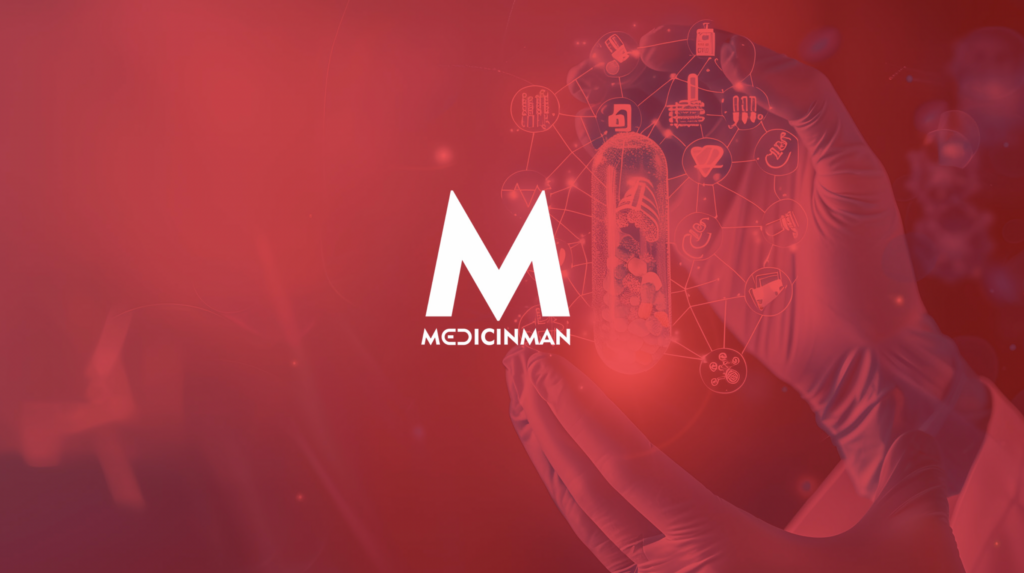
A MedicinManAI Feature
Reach out to Anup Soans: anupsoans@medicinman.net or use the social media buttons below.

